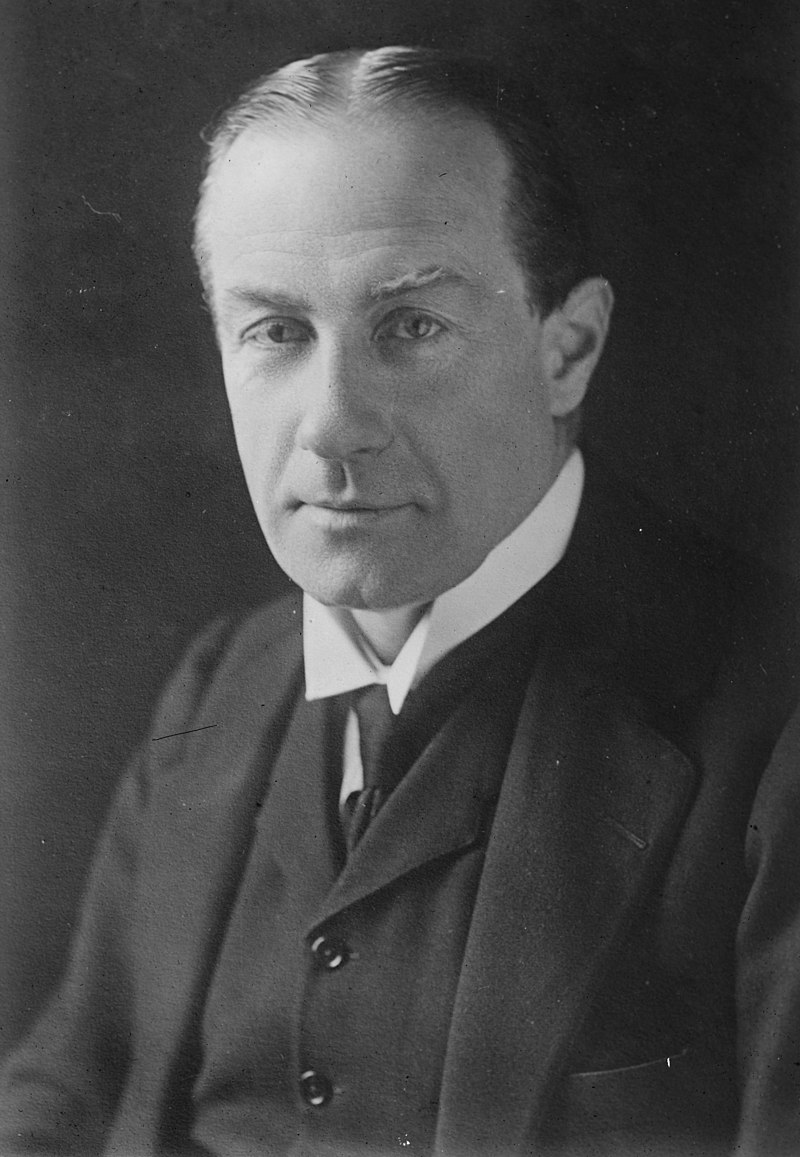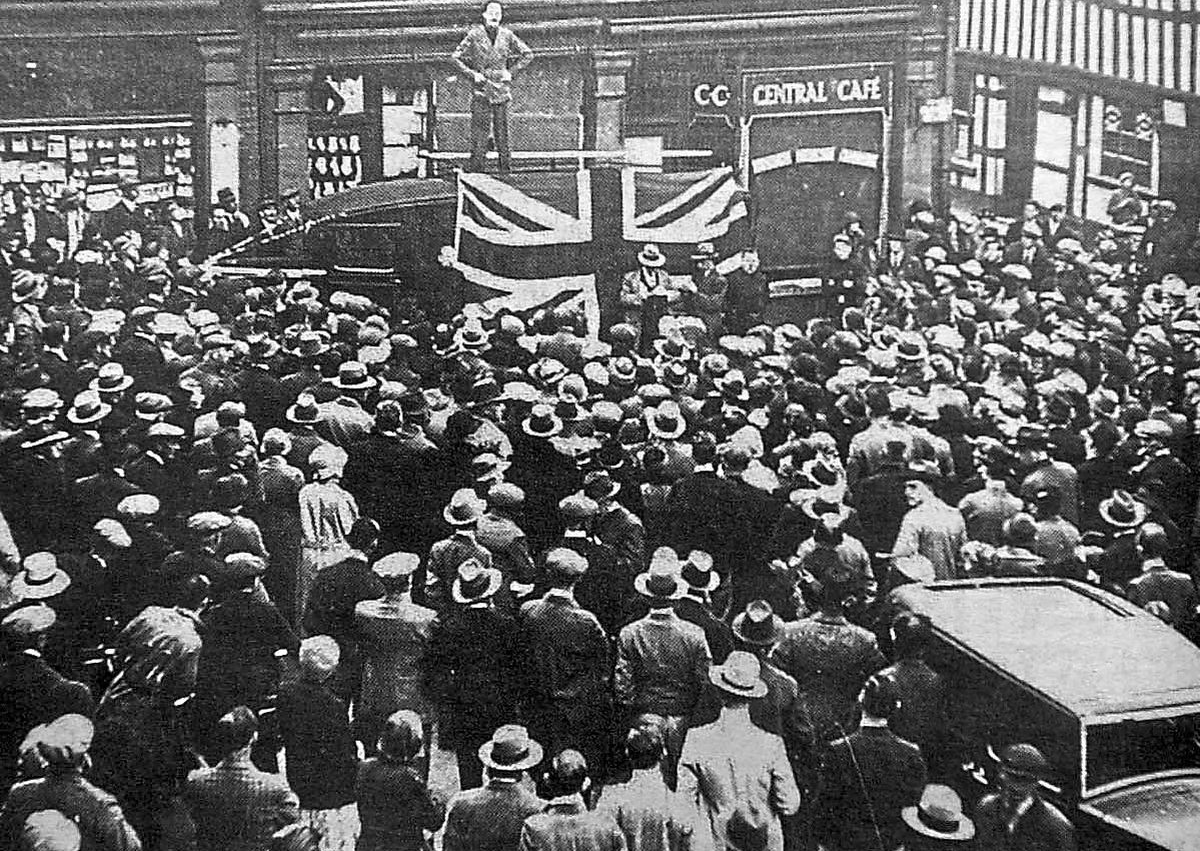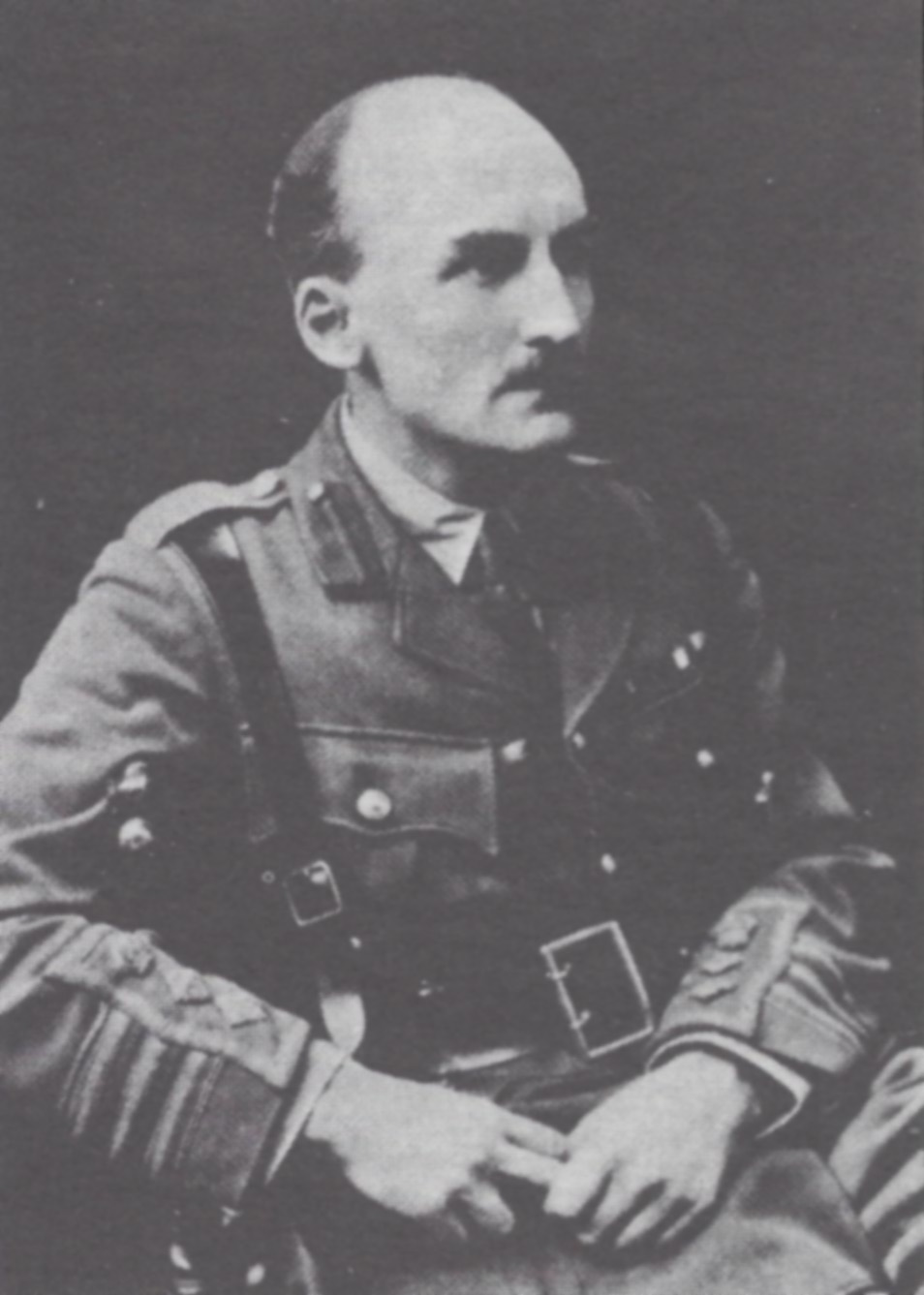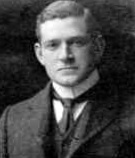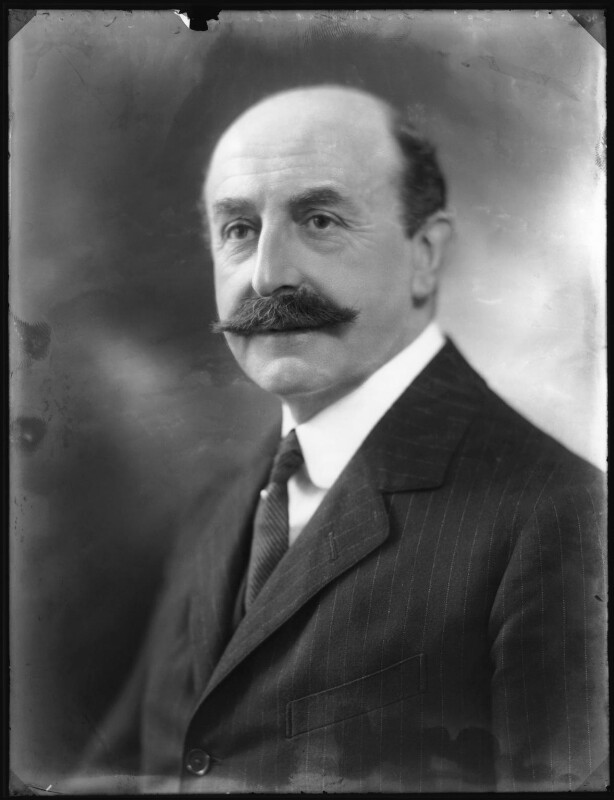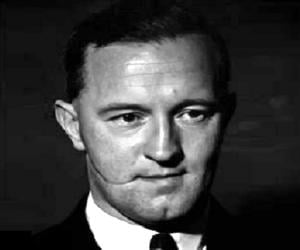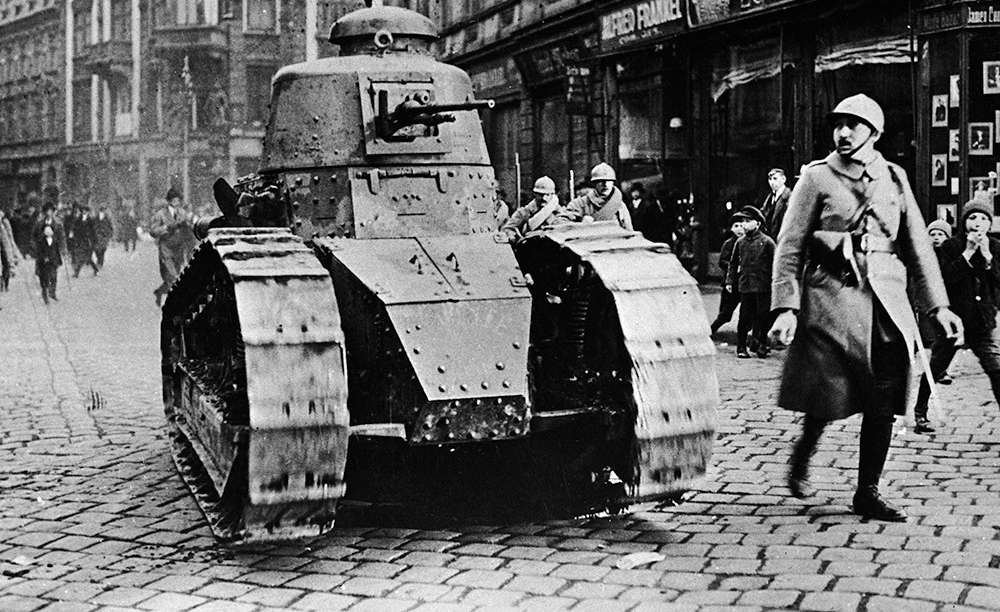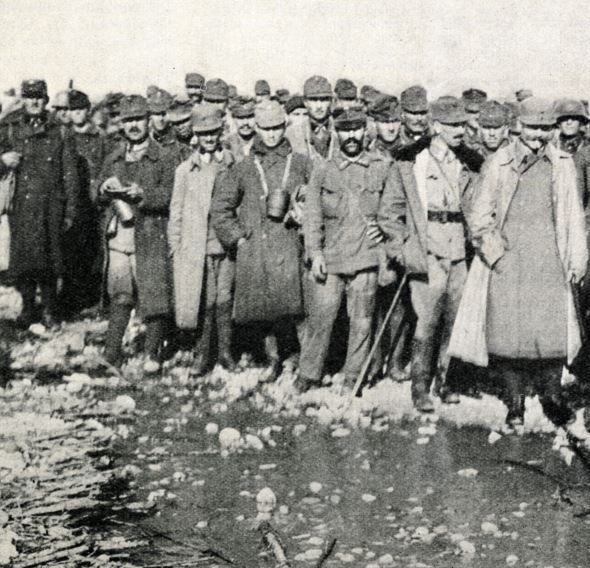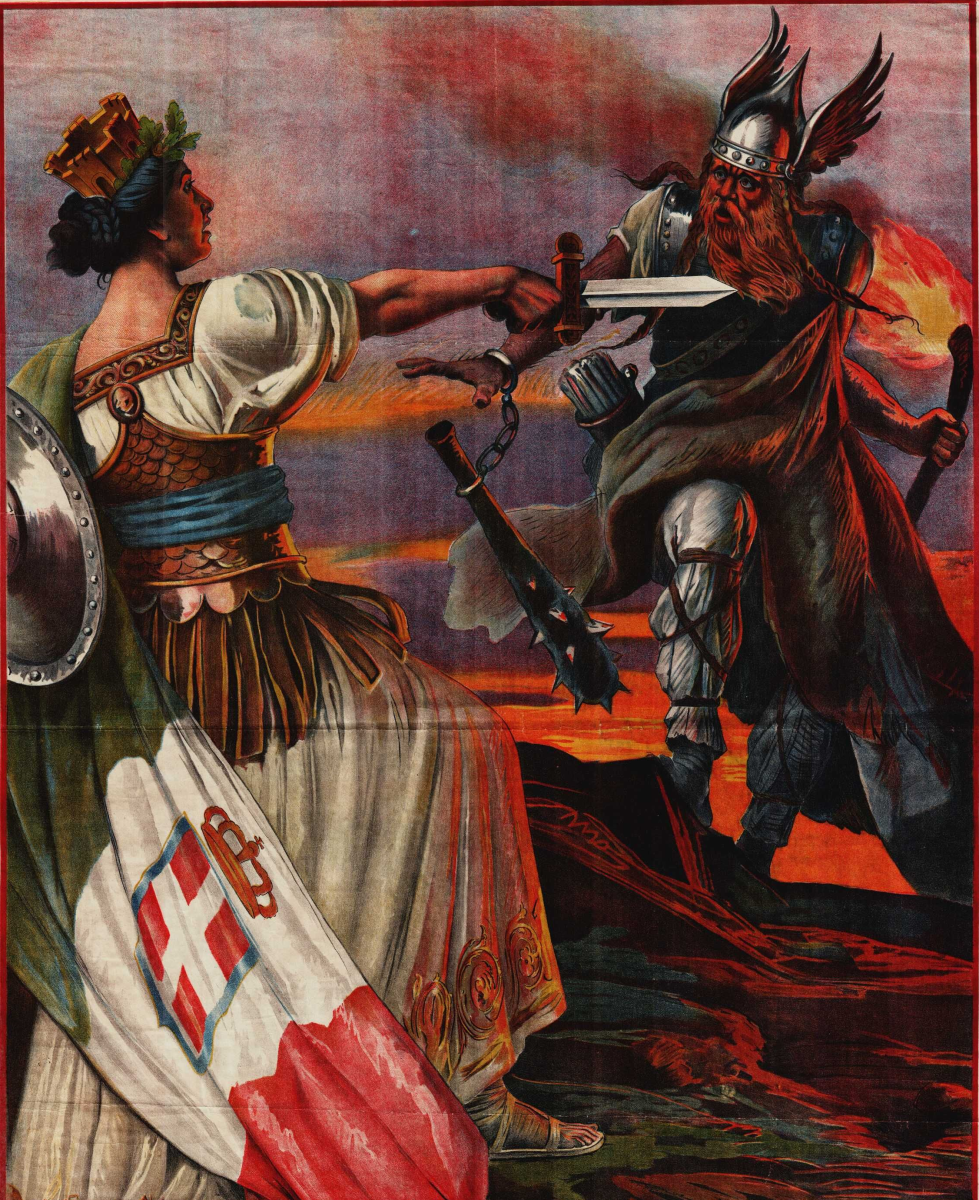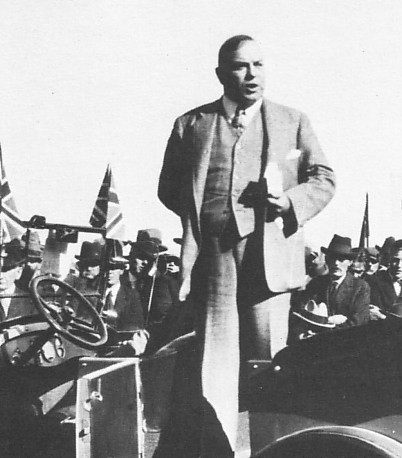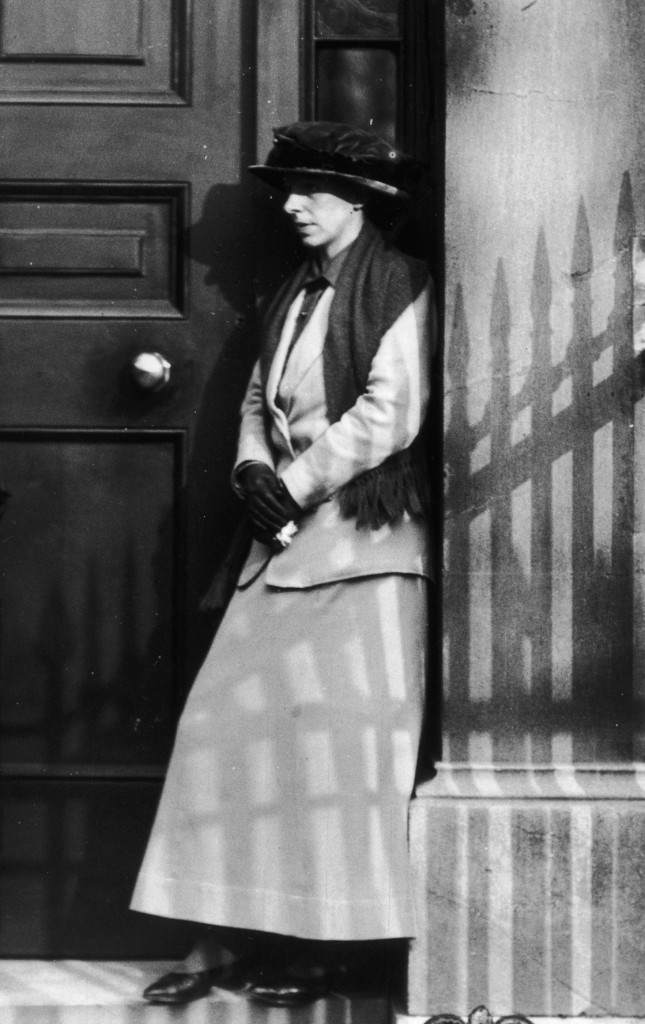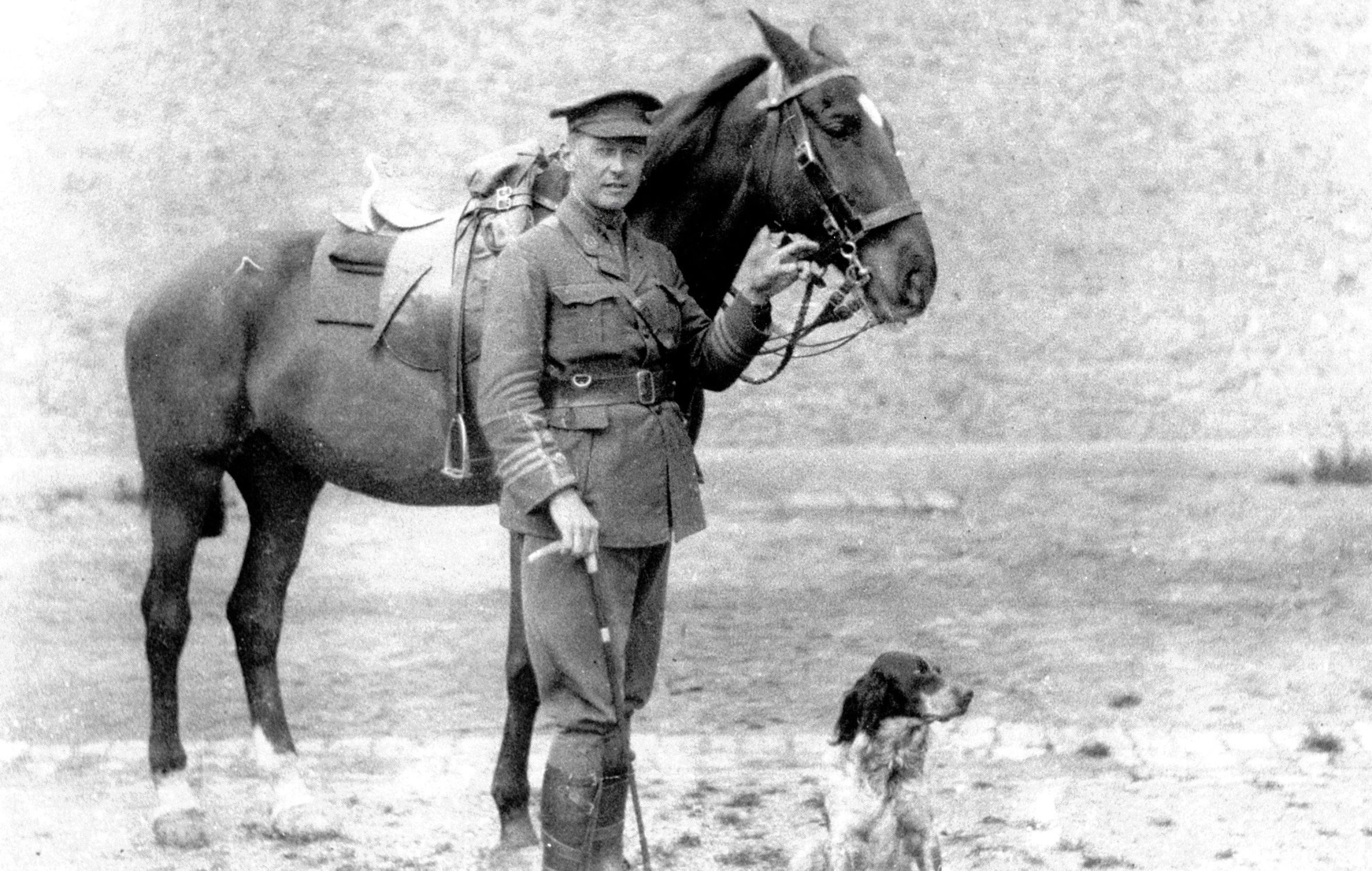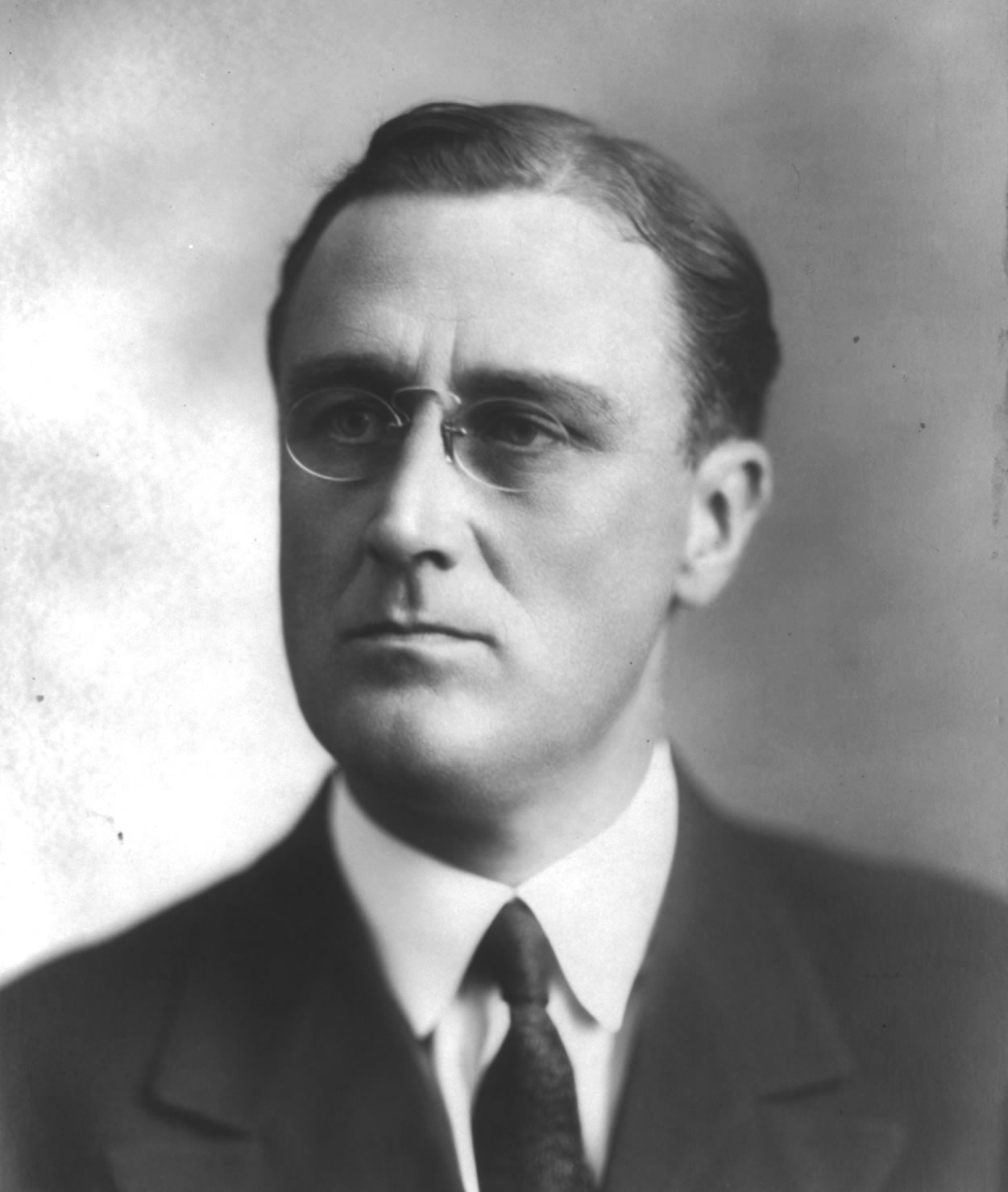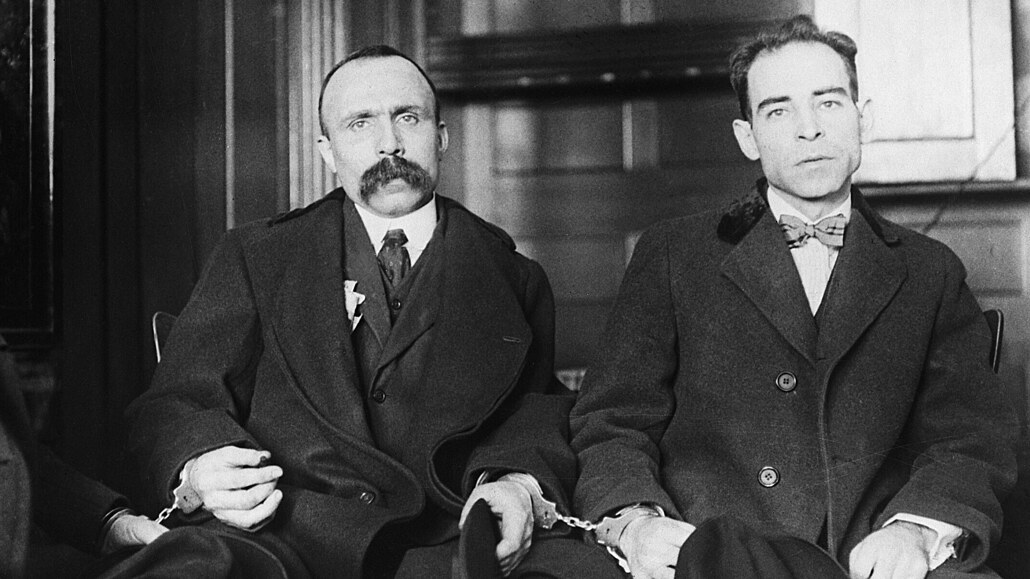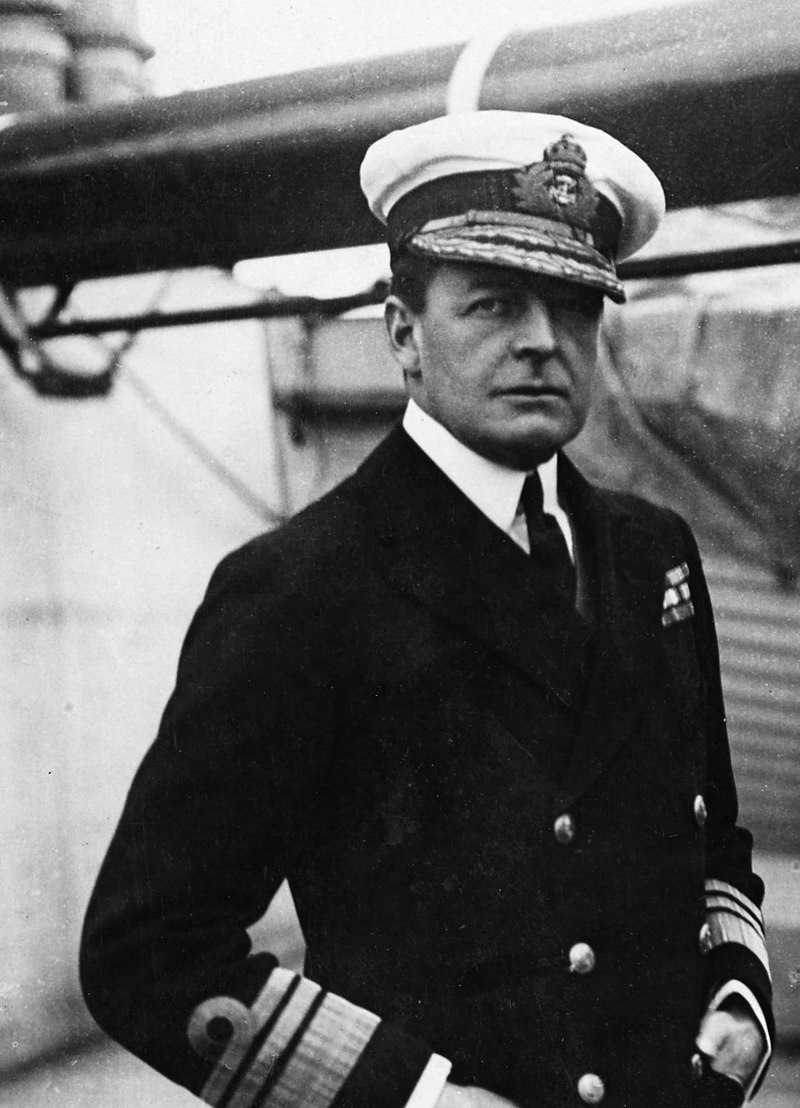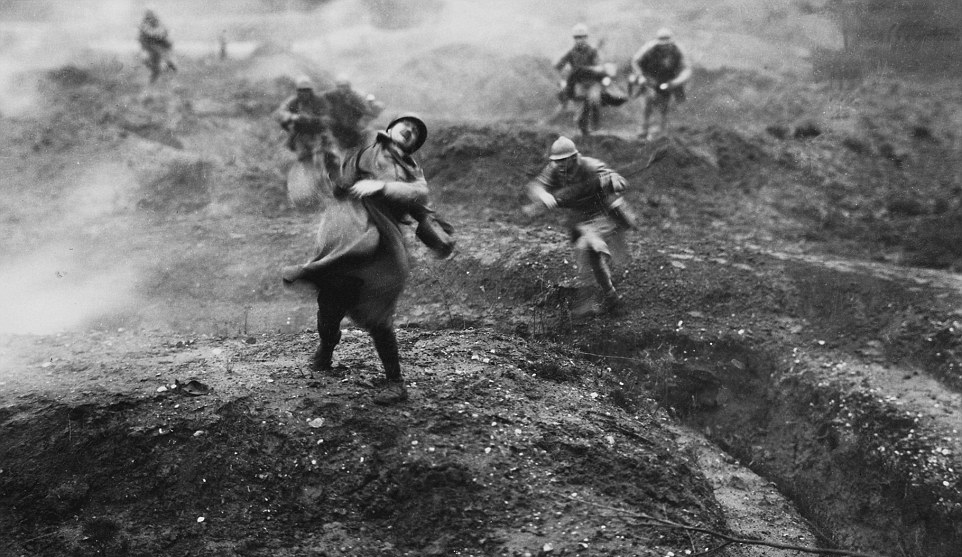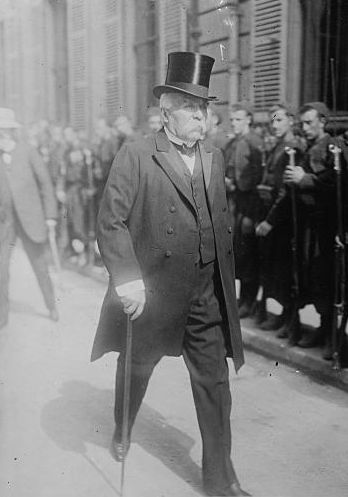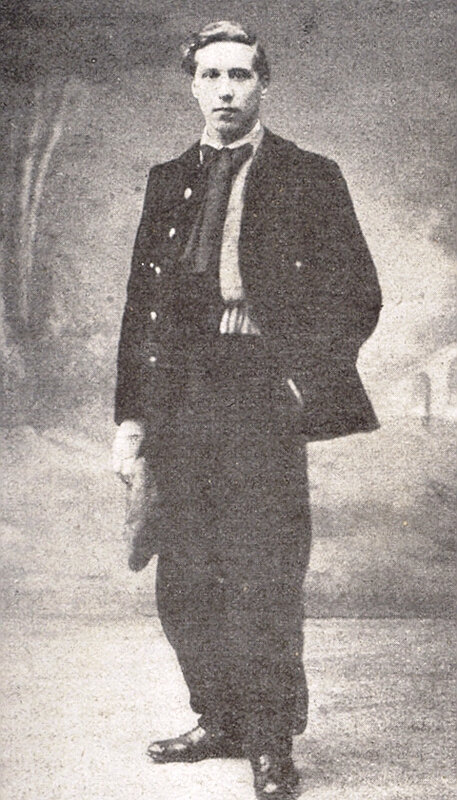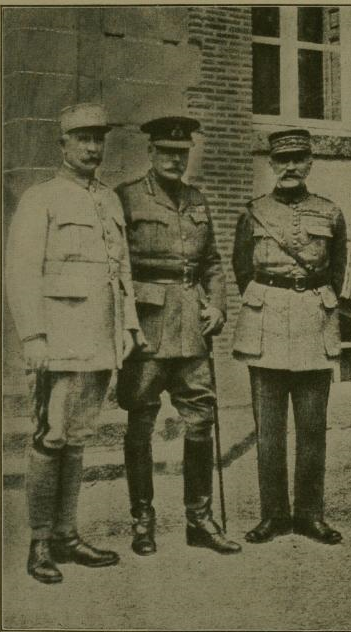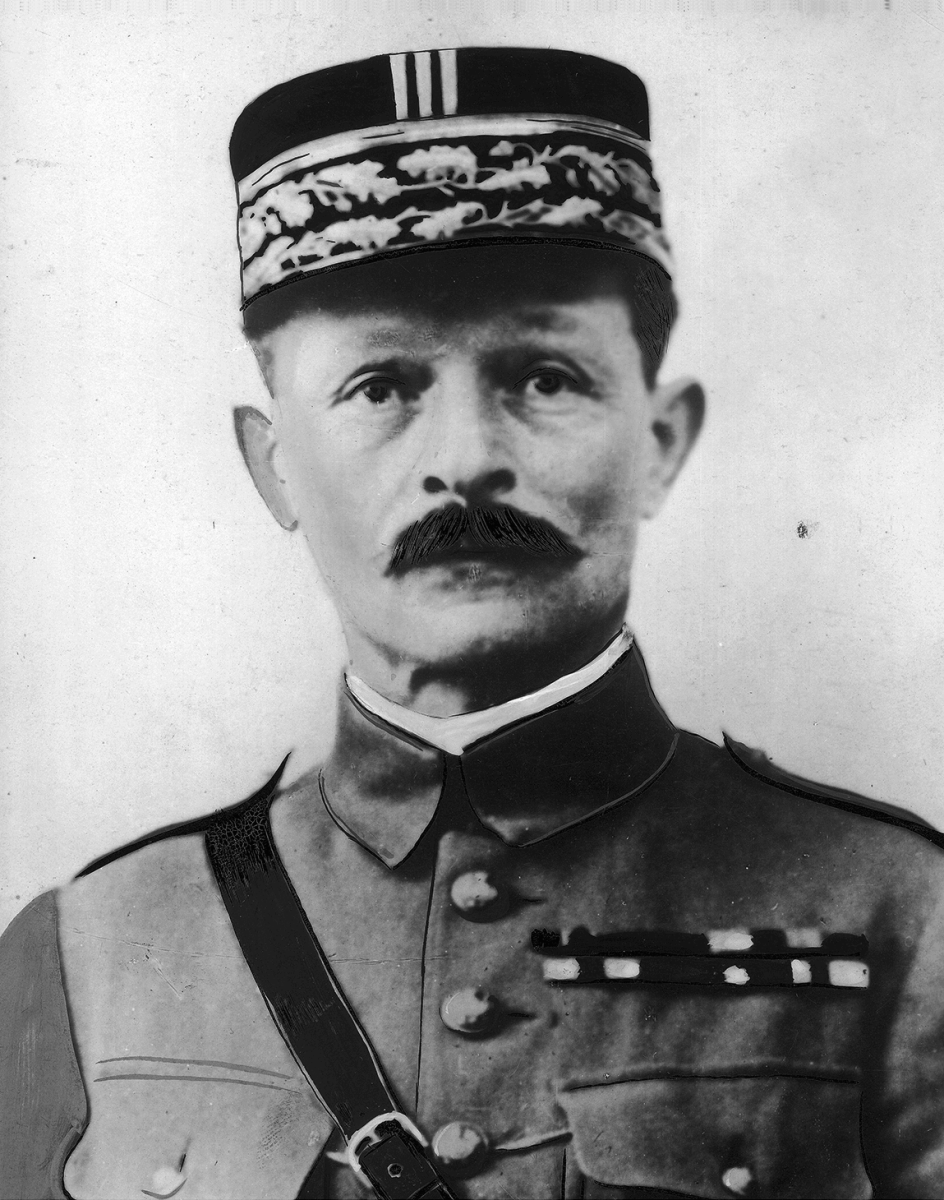A Fallen Star
Lord Vesporeon
Heamding To Spamce
- Location
- New York
The Sun Rises Yet Again
Chapter 1: A Fallen Star
November 11, 1924
The 6th Anniversary of the End of the Great War and 4 Years Since the Great Depression Hit The United Kingdom
The grounds of New College are abound with activity, student activism and all the other methods of modern politics in use, a new and alien notion in an institution as ancient as Oxford. While many aspiring souls gather in the public squares of both the college and the nearby areas, a scant few students, however, remain in the libraries, researching, studying, and enriching their minds with knowledge rather than mass politics. One such studious person was Hugh, though his friends oft referred to him as Sam, his nose to the books and pen to the papers. He pauses to put a book he was finished with back where it belongs, that is then where he catches sight of a man looking at the rows of books, one of a more mature build, late 20s if he had to guess. He feels as if he knew him but just couldn't put his finger on how. Then it hits him, he is the recently elected MP of Warwick and Leamington, just to the north of Oxfordshire, a veteran of the war, even won a military cross, and, more interestingly to him, a member of that new revolutionary party that has made significant gains in the last few years, the Victorian Union, headed by that firebrand from Harrow. He approaches to ask him some questions.
"Hello there sir."
The man turns to face Hugh, displaying a bit of confusion, clearly wondering what Hugh could want from him. He responds to break the silence.
"Well hello there, is there something I could help you with?"
The way in which he asked emanated absolute confidence, projecting strength and vitality, but also a calm security. Hugh mentally notes this, being almost afraid at his inability to ignore the allure.
"Yes actually, I was wondering if you would be willing to answer some questions related to your work and history, it's related to my paper see, on the recent socio-political and economic trends in Britain since the end of the war. You are, after all, the MP from Warwick and Leamington, Mr. Eden?
Eden smiles, Hugh wasn't sure if it was out of pride or genuine interest in the chance to talk to someone about his politics. Regardless, he assured himself he wouldn't be taken in by any preaching or proselytising.
"Indeed I am. But I insist you simply call me Anthony, I prefer the more grounded conversation when at ease among my fellow Britons."
"Well if you insist, I'm Hugh by the way.
Eden gave a curt nod before the two of them walked over to a table and sat opposite each other, Hugh viewed this as an opportunity for an interview, Eden as a chance for conversion.
"To begin with, I'd like to start with you, then move into how you relate to the Victorian Union, and then into the greater structure of the party itself. Now, if my memory serves me well, both you and MP Mosley met in the Great War, correct?"
"That is correct. We first met each other sometime in 1917, though there's not much to say of it. We didn't even exchange words, we were simply on break in the same area, we gave nods to each other and smoked our cigarettes. That was a peaceful day…"
Eden's eyes moved past Hugh, more into the past rather than anything behind him. Hugh coughed to get him back into the present.
"Ah my apologies. Of course, you're wondering when I actually came into his company, well that didn't come until later, in 1918. We were all waiting at Bordeaux, for the navy to arrive at the port and ferry us out of the hopeless situation we were in. We were despondent, we all felt that we were leaving the French, no Europe, to a grim fate. And looking at things now, we were right, we had failed to stop the Hun from consuming Europe in its ravenous conquest and the world has paid a price for that, Britain has paid dearly for that. We were all in a morose mood, not a soul I laid eyes upon was pleased, or even content, to go back home, to make it out of this horrible ordeal alive, to see their loved ones again, to sleep on warm beds without being woken up by some damned artillery barrage or a rat nibbling at your feet, for these things are nothing, nothing but base needs of an animal, a pittance to utterly inescapable depth of our spiritual crisis. They were all despondent, some resigned, others depressed, a good many ashamed at their failure, I myself was of one feeling, aching. I stood looking out at the sea, thinking of what was happening, in my heart I denied the very reality of the situation before me, but simultaneously in my mind imagining that any moment things would change, aching for news from Russia that the East was now a front again, for news from the French that the Germans were being pushed back, for news from the Middle East that Damascus was ours, aching for any sign. So adrift was I that I was at once denying reality and trying to adjust it. But then, there was one man, a fine figure who was most unlike anyone, he had no aura of defeat, of resignation, of disconnection, a man who if you gathered every single man in the British Army at Bordeaux that day and lined them up all and were asked to pick him out from the line you could do so within a moment, for he would be the only one actually looking at you, head held up high, for he had no thousand-league stare nor no air of vanquishment."
"How did you recognise him?"
Eden released a short chuckle.
"I'd have to be blind, deaf, and stupid not to. He was on top of some crate, speaking to a crowd that had formed around him, looking like the spectre of some Roman orator of millennia past. He had drawn to him a small crowd, and as he spoke simultaneously with both aristocratic refinement and populistic clarity, more gathered. I made my way to the front, right below him as his eyes skimmed across the crowd; and what he said, it gave hope, inspiration, purpose, and vigor to every man whose ear had the privilege to hear his words. He began, as always does, with a hard truth, whether it be a positive one or a negative one, a goal or a landmark, a tragedy or a triumph. He sold us no snake-oil, he told us the bitter truth that we lost, that a great barbarity was overtaking Europe, and then he transitioned into the concept, the hook that ensnares the audience into trying to either understand or be apart of whatever it is This one being that there was only one nation that could save Europe and the world at large from the dual menaces of Marxism and Hunnicism, it was Britain herself, that this defeat was no permanent vanquishing, to never be recovered from but a temporary setbac-"
Hugh raises his voice to interrupt Eden.
"Excuse me for the interruption but, pray tell, what exactly is 'Hunnicism'?"
Eden gives a nod of understanding.
"Ah yes, my apologies. Hunnicism is the pervasive toxic ideology you see dominating Europe, from Brussels to Berdyans'k and from Stockholm to Sofia, it is an ideology born of the black heart of the German. Do you know of the saying, 'more than the sum of its parts'?"
Hugh nodded briefly, not sure where Eden was going to take this phrase.
"Well this is true of the abominable amalgamation that is the German 'nation', the pitiless Prussian, the brutish Bavarian, the savage Saxon, the rapacious Rhenish, and so on and so forth. It is one of unrepentant brutality and savagery, a total refusal to engage within the standard areas of diplomacy and proper conduct, a complete hatred of peace. It is no normal people that when they enter the city of a minor nation, a nation whose only crime was being in their path, that they launch toxic chemical gasses at it, that they bayonet innocent civilians, carry out horrendous rapes and all manner of barbarous indulgence. There's a reason we call them the Hun, they themselves know it, why else would their Kaiser, two decades ago, refer to themselves in the following manner, 'No quarter given, no prisoners taken. Just as the Huns a thousand years ago, under the leadership of Attila gained a reputation in 'virtue' of which they still live in history, so may the name of Germany become known in such a manner in China that no Chinaman will ever again look askance at a German.'? It is clear that this was no mere orientalist fear-mongering, but a true insight into the inner machinations of the mind of the man who rules over the oppressive regime strangling Europe. Only Lenin's gaggle of barbaric Bolsheviks can rival."
Hugh pauses writing and looks up from his notebook, for he had another question.
"Well I can understand why you may be prejudiced against the German people and their, uh, 'ideology', I guess you would call it, but what is your opposition to Marxism? If I'm not mistaken you, Mosley, Strachey, and many other Victorians have pushed for quite a few policies that, if were presented in a vacuum, would surely make many people shout the alarms of 'Moscow's infiltration'?"
"Because our policy is not of revolution but of reform. We do not seek to slaughter the monarchy, destroy capitalism, and end our culture, but to heal our society, reform our economy, and seek harmony between the progress of the future and the traditions of the past. If, no not if, when we win the election and hold the reigns of power, we will not carry out the savagery that the damned Bolsheviks in Russia did. And do you know why? Because Victorianism is born from the heart and soul of Englishmen, of a man from a culture that values fairplay, honesty, tradition, and reformism, rather than from the heart of a German, as Marxism is, a culture which values brutishness, thievery, violence, and revolution."
Hugh acknowledges this with a short nod, he's begun to understand Eden's position, maybe understand a bit too much. But could he tell? He pushes the thought to the side.
"Well could you return back to that speech Mosley was giving back in 1918?"
"Why yes of course. Where was I? Oh right, a temporary setback, one that we must unite as one will to strengthen our great mother so that we may take up that great mission to free Europe, as we did with Napoleon. He then began to rally the crowd to join him in their return to home, in the general election later that year, the 1918 Khaki Election we call it now. We responded with a resounding fervor. I went up to him and spoke to him, telling him how I could assist him, and so on and so forth. He and I became quick friends, despite our rather different styles of speaking and conducting ourselves. My heart was racing and it felt as if there was nothing else in the world than that beach that whole day. Our initial alliance with the Conservatives was a failed one but the seeds of greatness it watered shall germinate in December."
"Interesting, though I'm not sure if I am a fan of that kind of politics."
"Oh neither am I to be completely frank, but there's something different about him. Have you ever actually heard him speak?"
"No, I've not."
"I highly recommend it, it truly changes things, puts them into perspective. It's, it is like being a Medieval peasant being shown Heliocentric theory, or a Roman pagan learning of the divinity of Christ. Your whole world shifts, it being built on so many foundations proven false by the new information. If I'm not mistaken, Oswald is actually coming here tomorrow, to the University College I believe. He strongly believes in education and the enrichment of the youth, you should go and see him speak."
"He's holding a rally at the heart of Oxford?"
"No no, he's just giving a speech, his father-in-law is the Chancellor and he got him to grant him the time and space."
Hugh was contemplating it.
"I'll think about it. Well onto the next question, how would you say you rank in the party structure?"
"Well I guess you could say I'm his right-hand man. I've been with him since 1918, 6 long years, and I intend to stand with him till no longer able to. When we win, I assume he'll appoint me as Secretary of State for Foreign Affairs."
"Very interesting. I think that's all I need. Thank you so much Sir Eden for giving me your time, it is greatly appreciated, and it was a pleasure."
"Pleasure's all mine Hugh, you look like a fine young man, I hope come election day you'll vote for the Union. And once more, I cannot recommend enough going to see Oswald speak, it'll change how you see things, I promise. Oh and for the record, I'm not actually a sir."
"Oh of course, my apologies."
Hugh and Eden stand up, shake hands, and as Eden walks back to the section of the library he was in before, Hugh could only think of that offer.
Oswald Ernald Mosley, Veteran Of The Great War, Member Of Parliament Representing Harrow, And Leader Of The Victorian Union, The Youngest Party In Politics, Along With His Wife, Lady Cynthia Mosley, Daughter Of Lord Curzon, 1920

Robert Anthony Eden, Veteran Of The Great War, Member Of Parliament, Representing Warwick And Leamington, Along With His Wife, Beatrice Eden, 1923

Lord George Curzon, 1st Marquess Curzon of Kedleston, Former Viceroy And Governor-General Of India, Distinguished Member Of The Lords Temporal, And One Of The Most Senior Men In British Politics, 1921

A Newspaper Reporting Mosley's Creation Of The Victorian Union, 1919

Chapter 1: A Fallen Star
November 11, 1924
The 6th Anniversary of the End of the Great War and 4 Years Since the Great Depression Hit The United Kingdom
The grounds of New College are abound with activity, student activism and all the other methods of modern politics in use, a new and alien notion in an institution as ancient as Oxford. While many aspiring souls gather in the public squares of both the college and the nearby areas, a scant few students, however, remain in the libraries, researching, studying, and enriching their minds with knowledge rather than mass politics. One such studious person was Hugh, though his friends oft referred to him as Sam, his nose to the books and pen to the papers. He pauses to put a book he was finished with back where it belongs, that is then where he catches sight of a man looking at the rows of books, one of a more mature build, late 20s if he had to guess. He feels as if he knew him but just couldn't put his finger on how. Then it hits him, he is the recently elected MP of Warwick and Leamington, just to the north of Oxfordshire, a veteran of the war, even won a military cross, and, more interestingly to him, a member of that new revolutionary party that has made significant gains in the last few years, the Victorian Union, headed by that firebrand from Harrow. He approaches to ask him some questions.
"Hello there sir."
The man turns to face Hugh, displaying a bit of confusion, clearly wondering what Hugh could want from him. He responds to break the silence.
"Well hello there, is there something I could help you with?"
The way in which he asked emanated absolute confidence, projecting strength and vitality, but also a calm security. Hugh mentally notes this, being almost afraid at his inability to ignore the allure.
"Yes actually, I was wondering if you would be willing to answer some questions related to your work and history, it's related to my paper see, on the recent socio-political and economic trends in Britain since the end of the war. You are, after all, the MP from Warwick and Leamington, Mr. Eden?
Eden smiles, Hugh wasn't sure if it was out of pride or genuine interest in the chance to talk to someone about his politics. Regardless, he assured himself he wouldn't be taken in by any preaching or proselytising.
"Indeed I am. But I insist you simply call me Anthony, I prefer the more grounded conversation when at ease among my fellow Britons."
"Well if you insist, I'm Hugh by the way.
Eden gave a curt nod before the two of them walked over to a table and sat opposite each other, Hugh viewed this as an opportunity for an interview, Eden as a chance for conversion.
"To begin with, I'd like to start with you, then move into how you relate to the Victorian Union, and then into the greater structure of the party itself. Now, if my memory serves me well, both you and MP Mosley met in the Great War, correct?"
"That is correct. We first met each other sometime in 1917, though there's not much to say of it. We didn't even exchange words, we were simply on break in the same area, we gave nods to each other and smoked our cigarettes. That was a peaceful day…"
Eden's eyes moved past Hugh, more into the past rather than anything behind him. Hugh coughed to get him back into the present.
"Ah my apologies. Of course, you're wondering when I actually came into his company, well that didn't come until later, in 1918. We were all waiting at Bordeaux, for the navy to arrive at the port and ferry us out of the hopeless situation we were in. We were despondent, we all felt that we were leaving the French, no Europe, to a grim fate. And looking at things now, we were right, we had failed to stop the Hun from consuming Europe in its ravenous conquest and the world has paid a price for that, Britain has paid dearly for that. We were all in a morose mood, not a soul I laid eyes upon was pleased, or even content, to go back home, to make it out of this horrible ordeal alive, to see their loved ones again, to sleep on warm beds without being woken up by some damned artillery barrage or a rat nibbling at your feet, for these things are nothing, nothing but base needs of an animal, a pittance to utterly inescapable depth of our spiritual crisis. They were all despondent, some resigned, others depressed, a good many ashamed at their failure, I myself was of one feeling, aching. I stood looking out at the sea, thinking of what was happening, in my heart I denied the very reality of the situation before me, but simultaneously in my mind imagining that any moment things would change, aching for news from Russia that the East was now a front again, for news from the French that the Germans were being pushed back, for news from the Middle East that Damascus was ours, aching for any sign. So adrift was I that I was at once denying reality and trying to adjust it. But then, there was one man, a fine figure who was most unlike anyone, he had no aura of defeat, of resignation, of disconnection, a man who if you gathered every single man in the British Army at Bordeaux that day and lined them up all and were asked to pick him out from the line you could do so within a moment, for he would be the only one actually looking at you, head held up high, for he had no thousand-league stare nor no air of vanquishment."
"How did you recognise him?"
Eden released a short chuckle.
"I'd have to be blind, deaf, and stupid not to. He was on top of some crate, speaking to a crowd that had formed around him, looking like the spectre of some Roman orator of millennia past. He had drawn to him a small crowd, and as he spoke simultaneously with both aristocratic refinement and populistic clarity, more gathered. I made my way to the front, right below him as his eyes skimmed across the crowd; and what he said, it gave hope, inspiration, purpose, and vigor to every man whose ear had the privilege to hear his words. He began, as always does, with a hard truth, whether it be a positive one or a negative one, a goal or a landmark, a tragedy or a triumph. He sold us no snake-oil, he told us the bitter truth that we lost, that a great barbarity was overtaking Europe, and then he transitioned into the concept, the hook that ensnares the audience into trying to either understand or be apart of whatever it is This one being that there was only one nation that could save Europe and the world at large from the dual menaces of Marxism and Hunnicism, it was Britain herself, that this defeat was no permanent vanquishing, to never be recovered from but a temporary setbac-"
Hugh raises his voice to interrupt Eden.
"Excuse me for the interruption but, pray tell, what exactly is 'Hunnicism'?"
Eden gives a nod of understanding.
"Ah yes, my apologies. Hunnicism is the pervasive toxic ideology you see dominating Europe, from Brussels to Berdyans'k and from Stockholm to Sofia, it is an ideology born of the black heart of the German. Do you know of the saying, 'more than the sum of its parts'?"
Hugh nodded briefly, not sure where Eden was going to take this phrase.
"Well this is true of the abominable amalgamation that is the German 'nation', the pitiless Prussian, the brutish Bavarian, the savage Saxon, the rapacious Rhenish, and so on and so forth. It is one of unrepentant brutality and savagery, a total refusal to engage within the standard areas of diplomacy and proper conduct, a complete hatred of peace. It is no normal people that when they enter the city of a minor nation, a nation whose only crime was being in their path, that they launch toxic chemical gasses at it, that they bayonet innocent civilians, carry out horrendous rapes and all manner of barbarous indulgence. There's a reason we call them the Hun, they themselves know it, why else would their Kaiser, two decades ago, refer to themselves in the following manner, 'No quarter given, no prisoners taken. Just as the Huns a thousand years ago, under the leadership of Attila gained a reputation in 'virtue' of which they still live in history, so may the name of Germany become known in such a manner in China that no Chinaman will ever again look askance at a German.'? It is clear that this was no mere orientalist fear-mongering, but a true insight into the inner machinations of the mind of the man who rules over the oppressive regime strangling Europe. Only Lenin's gaggle of barbaric Bolsheviks can rival."
Hugh pauses writing and looks up from his notebook, for he had another question.
"Well I can understand why you may be prejudiced against the German people and their, uh, 'ideology', I guess you would call it, but what is your opposition to Marxism? If I'm not mistaken you, Mosley, Strachey, and many other Victorians have pushed for quite a few policies that, if were presented in a vacuum, would surely make many people shout the alarms of 'Moscow's infiltration'?"
"Because our policy is not of revolution but of reform. We do not seek to slaughter the monarchy, destroy capitalism, and end our culture, but to heal our society, reform our economy, and seek harmony between the progress of the future and the traditions of the past. If, no not if, when we win the election and hold the reigns of power, we will not carry out the savagery that the damned Bolsheviks in Russia did. And do you know why? Because Victorianism is born from the heart and soul of Englishmen, of a man from a culture that values fairplay, honesty, tradition, and reformism, rather than from the heart of a German, as Marxism is, a culture which values brutishness, thievery, violence, and revolution."
Hugh acknowledges this with a short nod, he's begun to understand Eden's position, maybe understand a bit too much. But could he tell? He pushes the thought to the side.
"Well could you return back to that speech Mosley was giving back in 1918?"
"Why yes of course. Where was I? Oh right, a temporary setback, one that we must unite as one will to strengthen our great mother so that we may take up that great mission to free Europe, as we did with Napoleon. He then began to rally the crowd to join him in their return to home, in the general election later that year, the 1918 Khaki Election we call it now. We responded with a resounding fervor. I went up to him and spoke to him, telling him how I could assist him, and so on and so forth. He and I became quick friends, despite our rather different styles of speaking and conducting ourselves. My heart was racing and it felt as if there was nothing else in the world than that beach that whole day. Our initial alliance with the Conservatives was a failed one but the seeds of greatness it watered shall germinate in December."
"Interesting, though I'm not sure if I am a fan of that kind of politics."
"Oh neither am I to be completely frank, but there's something different about him. Have you ever actually heard him speak?"
"No, I've not."
"I highly recommend it, it truly changes things, puts them into perspective. It's, it is like being a Medieval peasant being shown Heliocentric theory, or a Roman pagan learning of the divinity of Christ. Your whole world shifts, it being built on so many foundations proven false by the new information. If I'm not mistaken, Oswald is actually coming here tomorrow, to the University College I believe. He strongly believes in education and the enrichment of the youth, you should go and see him speak."
"He's holding a rally at the heart of Oxford?"
"No no, he's just giving a speech, his father-in-law is the Chancellor and he got him to grant him the time and space."
Hugh was contemplating it.
"I'll think about it. Well onto the next question, how would you say you rank in the party structure?"
"Well I guess you could say I'm his right-hand man. I've been with him since 1918, 6 long years, and I intend to stand with him till no longer able to. When we win, I assume he'll appoint me as Secretary of State for Foreign Affairs."
"Very interesting. I think that's all I need. Thank you so much Sir Eden for giving me your time, it is greatly appreciated, and it was a pleasure."
"Pleasure's all mine Hugh, you look like a fine young man, I hope come election day you'll vote for the Union. And once more, I cannot recommend enough going to see Oswald speak, it'll change how you see things, I promise. Oh and for the record, I'm not actually a sir."
"Oh of course, my apologies."
Hugh and Eden stand up, shake hands, and as Eden walks back to the section of the library he was in before, Hugh could only think of that offer.
Oswald Ernald Mosley, Veteran Of The Great War, Member Of Parliament Representing Harrow, And Leader Of The Victorian Union, The Youngest Party In Politics, Along With His Wife, Lady Cynthia Mosley, Daughter Of Lord Curzon, 1920
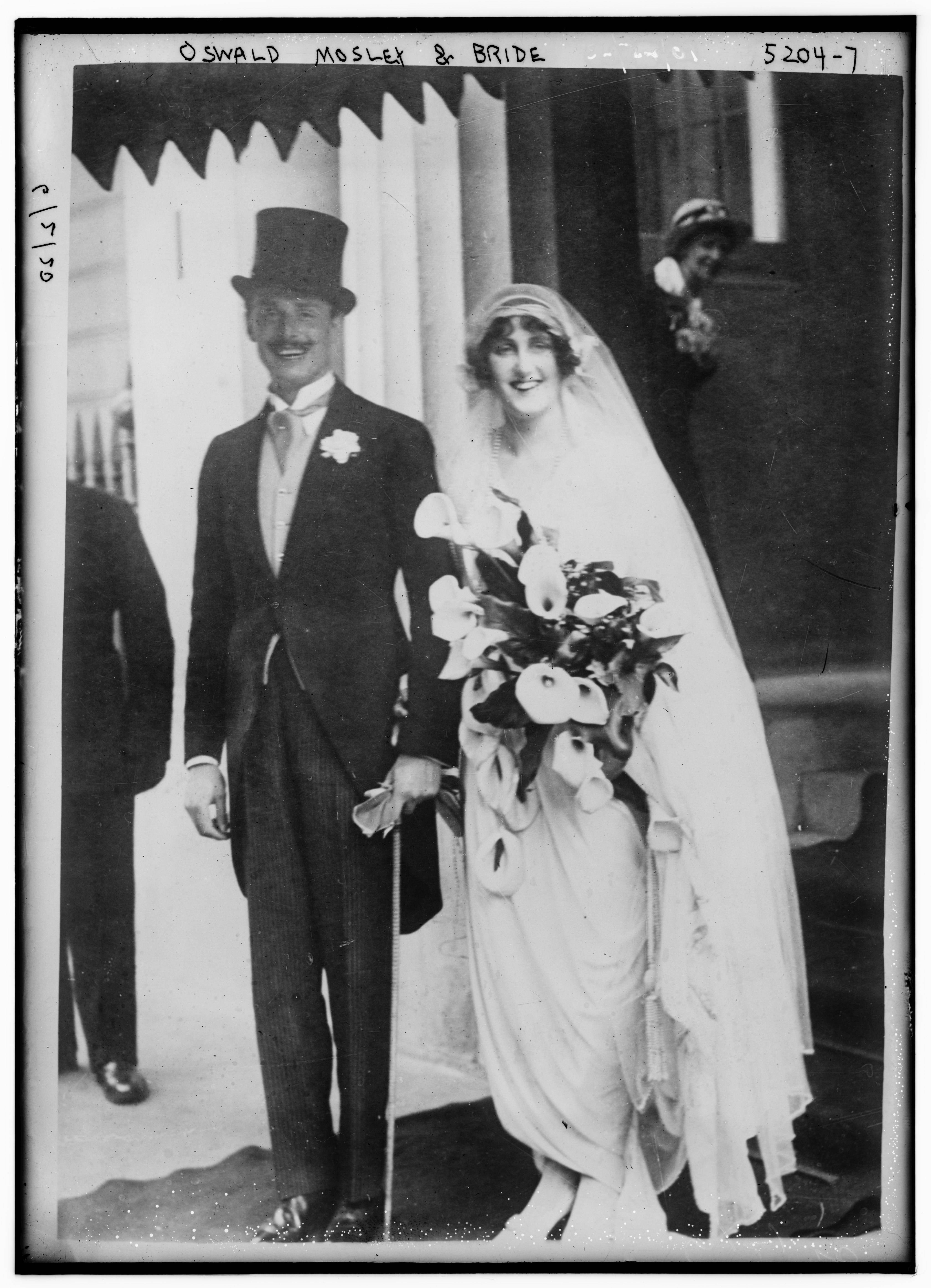
Robert Anthony Eden, Veteran Of The Great War, Member Of Parliament, Representing Warwick And Leamington, Along With His Wife, Beatrice Eden, 1923

Lord George Curzon, 1st Marquess Curzon of Kedleston, Former Viceroy And Governor-General Of India, Distinguished Member Of The Lords Temporal, And One Of The Most Senior Men In British Politics, 1921

A Newspaper Reporting Mosley's Creation Of The Victorian Union, 1919

Last edited:
